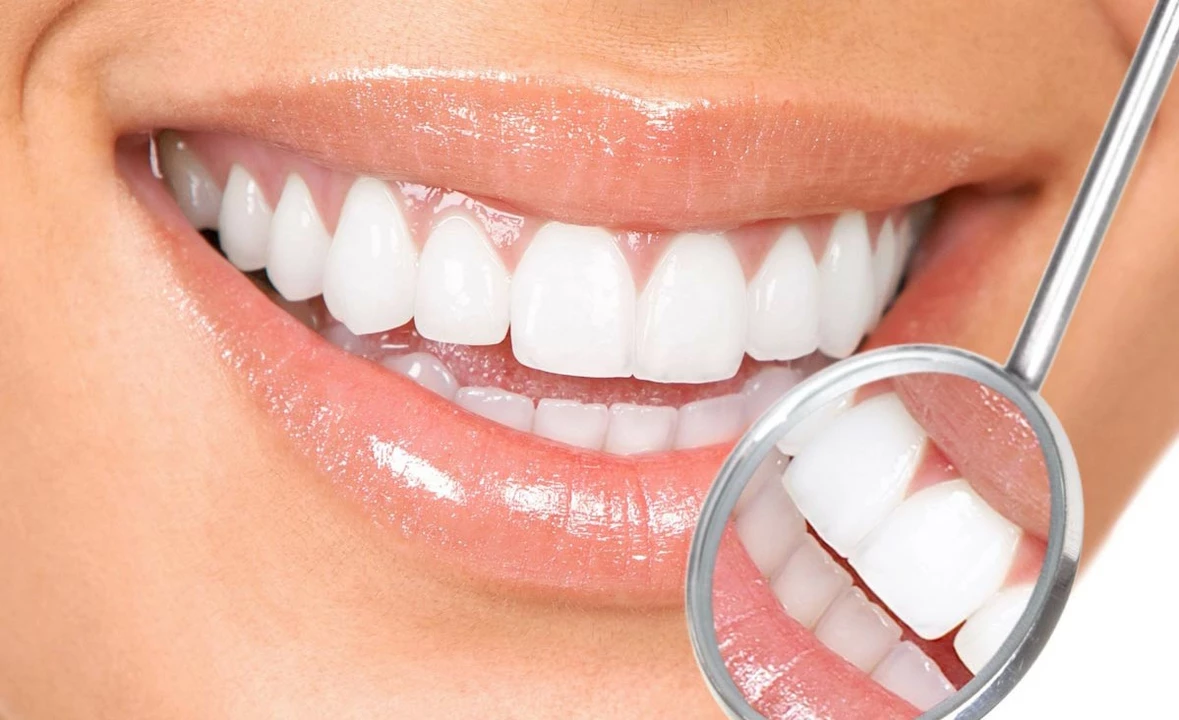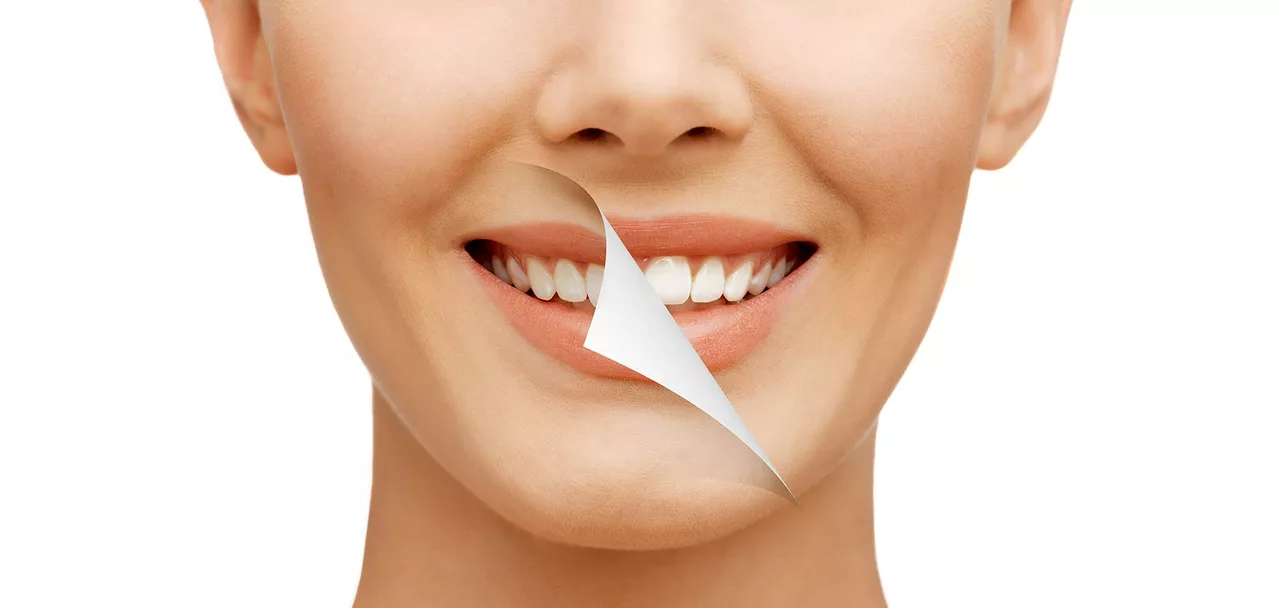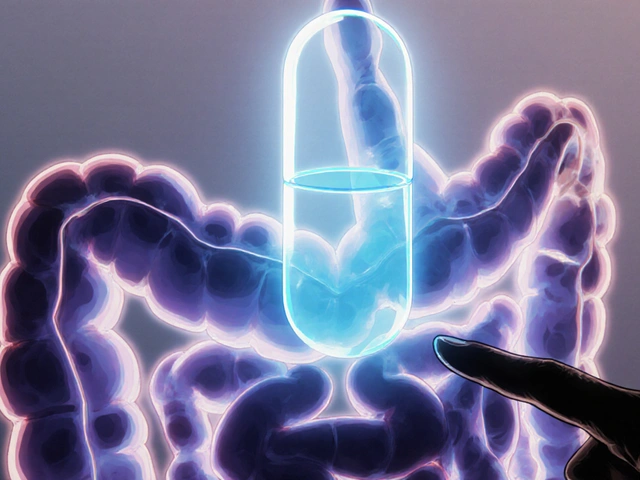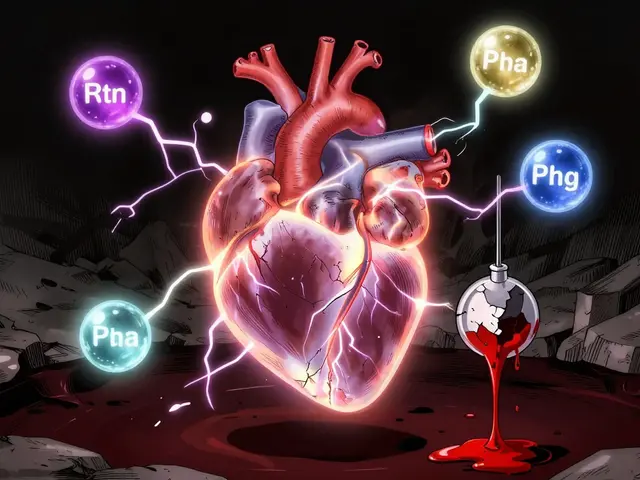Tooth Discoloration: Causes, Simple Fixes & Prevention
Stained or yellow teeth are one of the easiest things to notice — and one of the most fixable. If your smile doesn’t look as bright as you want, start by figuring out why. Different causes need different solutions, and a treatment that helps one kind of stain might do nothing for another.
Common causes of tooth discoloration
Surface stains (extrinsic): these come from coffee, tea, red wine, tobacco, and some strongly colored foods. They sit on the enamel and usually respond to cleaning or whitening toothpaste.
Deep stains (intrinsic): these affect the tooth under the enamel. Causes include certain antibiotics taken in childhood (like tetracycline), excess fluoride, trauma to a tooth, or internal changes after a root canal. These are harder to treat with over-the-counter products.
Age-related change: as you get older the enamel thins and yellow dentin shows through. That’s natural, but you can still improve appearance.
Dental work and decay: fillings, crowns, and cavities can change color over time. A darkening tooth can also signal internal damage or infection — that needs professional care.
Quick fixes and how to prevent it
Start with a professional cleaning. Plaque and tartar trap stains; a hygienist’s cleaning can brighten teeth immediately and reveal what type of staining you have.
Daily habits matter: brush twice, floss daily, and use a soft brush. Rinse after staining drinks and use a straw to limit contact. Cut back on smoking and stain-heavy beverages.
Whitening toothpaste helps remove surface stains but won’t change intrinsic color. Over-the-counter whitening strips or gels can be effective for many people—follow instructions and don’t overuse them to avoid sensitivity.
If OTC options fail, talk to your dentist about professional whitening. In-office bleaching is faster and safer for sensitive teeth. For intrinsic stains, your dentist might suggest internal bleaching, bonding, veneers, or crowns depending on the cause and how much enamel is left.
Handle special cases carefully: if a tooth darkens suddenly after trauma or becomes painful, see a dentist quickly. Sudden color change can mean pulp damage or infection that needs treatment.
Be cautious with home remedies. Baking soda, charcoal, and acidic treatments can damage enamel if used too often. Choose products with evidence and follow professional guidance.
Final tip: if you’re on medications or had high fluoride exposure as a child, whitening may be limited. Your dentist can show realistic results and recommend the best cosmetic option for your situation.
Want a whiter smile that lasts? Start with a cleaning, tweak daily habits, then pick the right whitening path with your dentist. Small changes add up fast.

Hydroquinone and oral health: Can it help with tooth discoloration?
I recently came across an interesting topic about Hydroquinone and its potential benefits for oral health, specifically tackling tooth discoloration. Hydroquinone is actually a popular ingredient in skin lightening products, but it's fascinating to see how it could help with teeth whitening as well. From what I've read, it seems that Hydroquinone has the ability to break down and remove stains from our teeth, resulting in a brighter smile. However, it's important to note that more research is needed to fully understand its effectiveness and safety in oral care products. I'll definitely be keeping an eye out for more information on this promising solution for tooth discoloration!
Detail
Hydroquinone and oral health: Can it help with tooth discoloration?
I recently came across some information on Hydroquinone and its potential effects on oral health, particularly tooth discoloration. It turns out that Hydroquinone, a common ingredient in skin lightening products, may have some benefits in addressing tooth discoloration issues. Studies are still ongoing, but the initial results seem promising. I think it's fascinating how a chemical primarily used for skincare purposes could potentially improve our smiles. I'll definitely be keeping an eye on this topic and sharing any updates I find!
Detail




